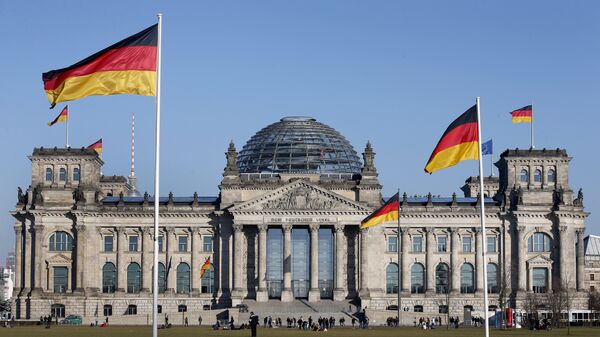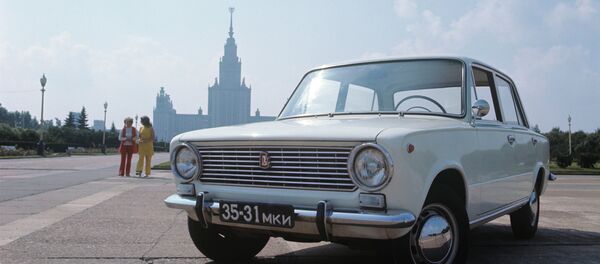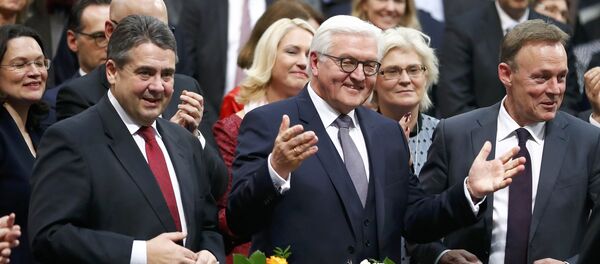Russian Defense Minister Sergei Shoigu announced that it would be a combination exhibit and training ground for Yunarmia members. The purpose of replicating the Reichstag, Shoigu told the Russian parliament, will be for Yunarmia military exercises. "Not to full size, but so our 'youth army soldiers' can storm not just any building, but a concrete place," Shoigu said.
Yunarmia is another Shoigu brainchild, a youth group intended to encourage patriotism and military service among students, similar to the JROTC in the United States. On the organization's website, Yunarmia's stated goal is "the revival of the good old tradition of children's and youth organizations… [Yunarmia] will take over the training of youth in the spirit of patriotism, ideals of friendship, [and] internationalism." It claims to have an estimated 42,000 members.
Patriot Park, planned to open later in 2017, will also include replicas of Soviet military camps and forest guerrilla bases. Reconstructions of famous Tsarist and Soviet battles, as well as arms exhibits in which visitors can test weaponry such as grenade launchers, will also be featured.
The 17 square-mile park will also include the Aviation and Tank Museums of the nearby Kubinka base. The park was described by Russian President Vladimir Putin as a "military Disneyland" when it was announced in 2015.
Berlin has not commented on Shoigu's intention to build a model replica of their parliament building for mock battles. In addition to Patriot Park, Shoigu also spoke of a new cyber-division of the Russian military meant to counter anti-Russian foreign propaganda.
Germany's Reichstag was inaugurated in 1894 as the home for the Diet of Imperial Germany. After a 1933 fire, the Reichstag fell into disuse and was not used for government purposes during or after the war. However, the building hosted the official reunification ceremony of East and West Germany in 1990, and in 1999 it became the meeting place for the modern German parliament, the Bundestag.
The Battle of Berlin is one of the most iconic moments of World War II. The Soviet capture of the German capital heralded the end of the war in Europe, and the image of the Hammer and Sickle flag over the iconic German building has become a symbol of the Soviet victory in World War II.
Although the Russian people have complex and divided feelings on the legacy of the Soviet Union, the defeat of Nazi Germany in World War II is a major symbol of national identity. Victory Day, celebrating the surrender of the German military to the Soviets on May 9, 1945, is Russia's most important secular holiday. Most of Europe celebrates a day earlier, as German president Karl Dönitz signed the articles of surrender in France on May 8.




